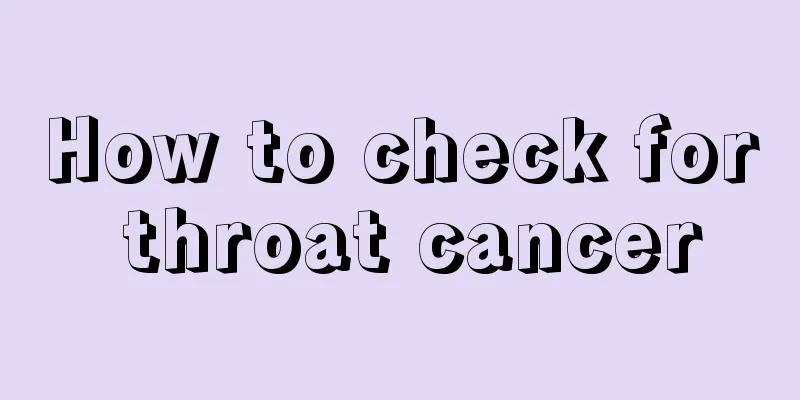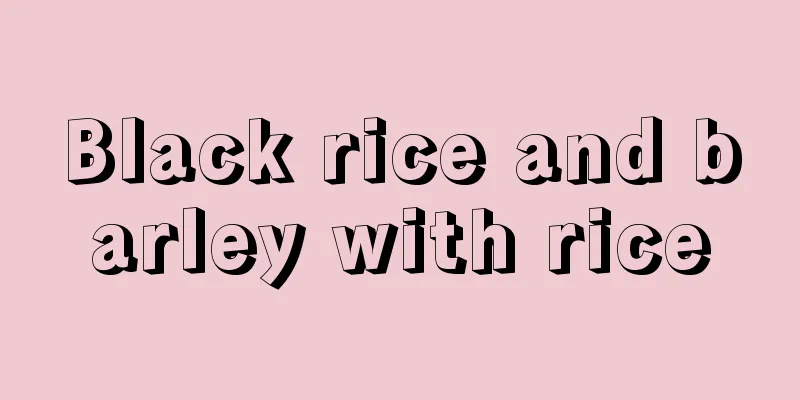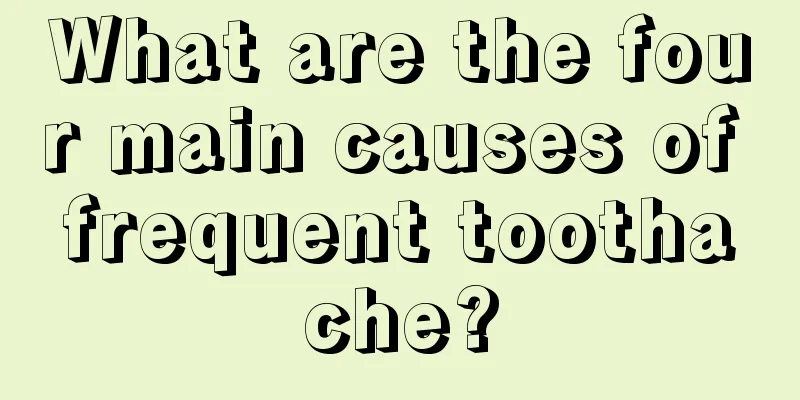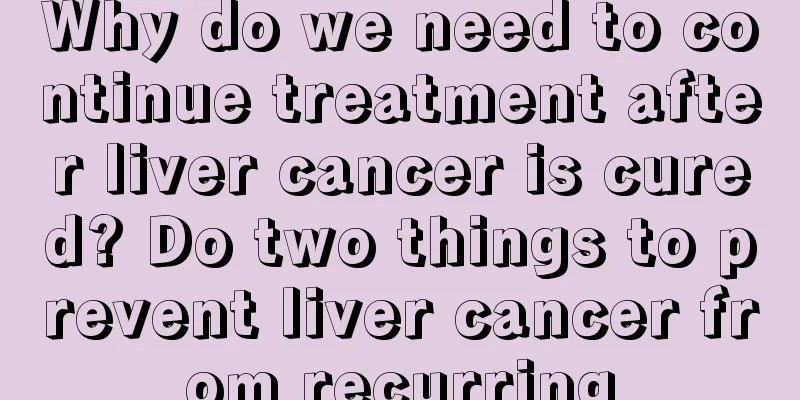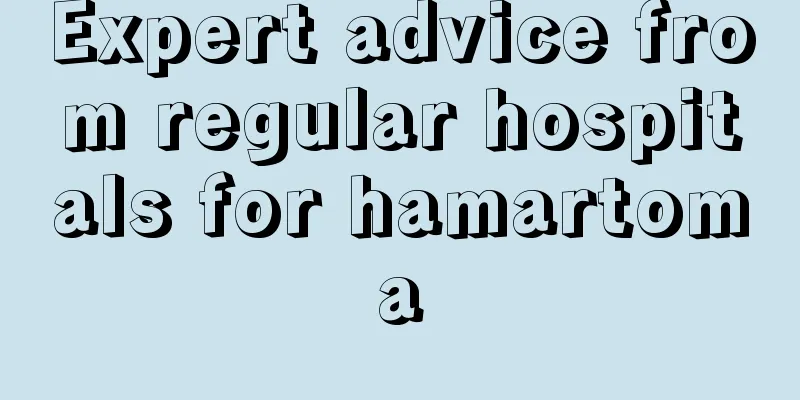What medicine is good for the kidneys
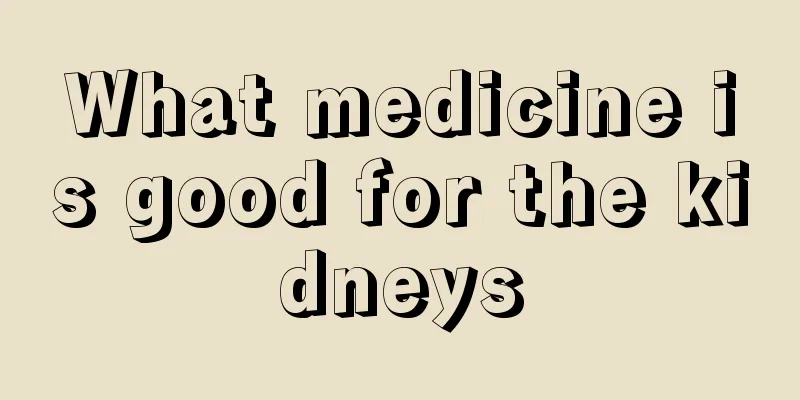
|
Kidneys are particularly important to us. They are the most important organ in our urinary system. If there is a problem with our kidneys, our urination will be seriously disturbed and our body will become worse and worse. Therefore, we should eat some foods that are good for our kidneys when we eat, and we should also avoid the side effects of drugs when taking medicines. So what medicine is better for the kidneys? 1. Which Western medicines are harmful to the kidneys? Antibacterial and anti-inflammatory drugs: tetracycline, oxytetracycline, streptomycin, tobramycin, amikacin, gentamicin, neomycin, polymyxin B, polymyxin E, sulfonamides, rifampicin, and cefotaxime, etc. Antipyretic and analgesic drugs: aspirin, phenacetin, ibuprofen, phenylbutazone, indomethacin, piroxicam, etc. Diuretics: mercurosalicylate, furosemide, hydrochlorothiazide, triamterene, etc. Sedatives and hypnotics: phenobarbital, methaqualone, chloral hydrate, etc. Which drugs are harmful to the kidneys? Vasoconstrictors: norepinephrine, methoxyamine, phenylephrine, etc. Antiarrhythmic drugs: disopyramide, ambridine. Hormones: hydrocortisone, prednisone, dexamethasone, methyltestosterone, progesterone. Others include oral contraceptives, pills, digitalis and anti-tumor drugs. 2. Which Chinese medicines are harmful to the kidneys? The first category is plant-based Chinese medicine: Tripterygium wilfordii, Aconitum kusnezoffii, Akebia trifoliata, Quisqualis chinensis, Leonurus japonicus, Xanthium sibiricum, Bark of the Croton, Pharbitis chinensis, Root of Cherry Blossom, Fritillaria thunbergii, Bellflower, Schizonepeta tenuifolia, Croton, Aloe, Clematis chinensis, Acer truncatum, Trillium gracile, Datura, Oleander, Folium Isatidis, Alisma orientalis, Stephania tetrandra, Gelsemium elegans, Senecio tenuifolia, Clove, Syringa syringae, Psoralea corylifolia, Pulsatilla scabra, Camellia sinensis, Sophora flavescens, Achyranthes bidentata, Rhizoma Cibotii, Cottonseed, Root of Wintersweet, etc. The second category is animal-based Chinese medicine: fish gall, seahorse, centipede, snake venom, etc. The third category is mineral Chinese medicines: arsenic-containing ones (arsenic stone, arsenic trioxide, realgar, red alum), mercury-containing ones (cinnabar, mercuric chloride, calomel), lead-containing ones (red lead) and other minerals (alum), etc. 3. What are the symptoms of drug-induced kidney damage? Acute renal failure: Acute renal failure (ARF) is relatively common. ARF caused by X-ray contrast agents often occurs within 48 hours of drug-induced renal damage after contrast imaging; ARF caused by nephrotoxic drugs such as sulfonamides and aminoglycosides is mainly seen 5 to 7 days after medication or 24 to 48 hours after a single large dose of medication. Allergic reactions caused by penicillins often result in renal failure within 24 hours of taking the drug. Tubulointerstitial disease: Penicillin can cause acute allergic interstitial nephritis, which manifests as hematuria, leukocyturia, proteinuria, and a large number of eosinophils in the urinary white blood cells (up to 30%). It is also accompanied by renal insufficiency, fever, drug rash, and increased eosinophilia in the blood. Chronic interstitial nephritis can be caused by non-steroidal anti-inflammatory drugs and Chinese herbal medicines containing aristolochic acid, and the duration of medication is often more than several months. |
>>: What medicine is good for acne
Recommend
Is there no blood flow signal in early breast cancer?
In the early stage of breast cancer, if the condi...
Five symptoms of advanced laryngeal cancer
People who are over 40 years old and have the hab...
What are the routine nursing care for kidney cancer
Kidney cancer care routine, kidney cancer surgery...
What are the symptoms of ovarian cancer metastasis
Ovarian cancer generally refers to primary ovaria...
What are the symptoms of thyroid cancer recurrence
We may have all heard of thyroid diseases. Once t...
What is slightly fat?
People nowadays love beauty very much and don’t l...
Can you get pregnant eight years after breast cancer?
For some reasons, more and more young women now c...
Is it really not easy to get drunk if you drink liquor first and then beer?
When we get together, everyone has to drink. Some...
It's neither hyperplasia nor cancer, learn about breast fibroids!
Fibroids are the most common benign breast tumors...
How is the effect of hot compress on knee joint effusion
I believe that many people will not feel unfamili...
What is the reason why people are listless and always want to sleep?
If a person always feels listless and wants to sl...
What to do if blisters appear after flea bites
With the gradual improvement of living standards,...
Can rectal cancer be completely cured after radical surgery
Can I recover completely after radical surgery fo...
How to digest quickly
Many people have experienced hunger. I believe th...
Floating wheat menopause
Floating wheat is a delicious and beauty-enhancin...

